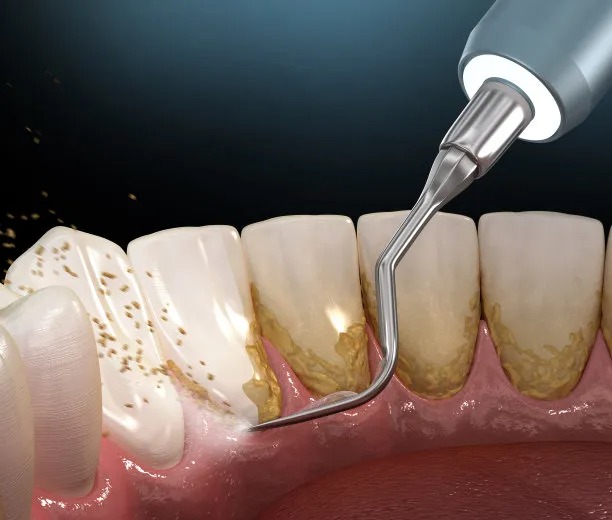Essential Guidelines and Precautions to Consider Before Undergoing Root Canal Treatment for Optimal Dental Health Success
Summary: Root canal treatment is a crucial dental procedure that can save a decayed or infected tooth when performed correctly. However, several essential guidelines and precautions can optimize the outcome of this treatment. This article explores four main aspects to consider before undergoing root canal therapy, including selection of the right dental professional, understanding the procedure and recovery period, quality of post-treatment care, and potential risks and complications involved. By following these guidelines, patients can ensure they make informed decisions, reduce anxiety, and improve their dental health successfully.
1. Choosing the Right Dental Professional

Selecting a skilled and experienced dentist is the first step in preparing for a successful root canal treatment. Look for a dental professional who specializes in endodontics, as they have received additional training in root canal procedures. Recommendations from family and friends, or online reviews can provide valuable insights into their expertise.
Its also essential to ensure that the dental office is equipped with modern technology and tools. Advanced equipment such as digital X-rays and 3D imaging ensures accurate diagnosis and treatment planning. Furthermore, the dentists commitment to continual education in emerging techniques and therapies is a good indication of their proficiency in performing root canals.
Lastly, consult the potential dentist about their approach to patient care. A compassionate and communicative professional will help alleviate any anxiety by thoroughly explaining the procedure, addressing concerns, and discussing anesthesia options. This relationship can make a significant difference in the overall experience.
2. Understanding the Procedure and Recovery Time
Before undergoing root canal treatment, understanding the procedure itself can demystify the process and ease anxiety. The treatment usually involves the dentist removing the infected pulp from the tooth, cleaning the interior, and then sealing it to prevent further issues. Most of the time, the procedure is performed under local anesthesia, minimizing discomfort during the treatment.
Another critical aspect to be aware of is the recovery period. While many patients experience mild swelling and discomfort after the procedure, these symptoms can usually be managed with over-the-counter pain relief medication. Understanding that full recovery can take a few days helps set appropriate expectations for returning to regular activities.
Additionally, post-operative dental care may involve follow-up appointments, so its beneficial to schedule these in advance. Reiterating the importance of following the dentists aftercare instructions can also ensure a smoother recovery.
3. Importance of Quality Post-Treatment Care
Post-treatment care is crucial for the treatments long-term success. After a root canal, maintaining good oral hygiene is essential to ensure healing and prevent reinfection. This includes regular brushing, flossing, and using an antibacterial mouthwash as advised by the dentist.
Dietary modifications may also be necessary during the recovery phase. Soft foods and avoiding very hot or cold items can minimize discomfort and protect the treated tooth from further irritation. Staying hydrated and incorporating calcium-rich foods can support the healing process.
Furthermore, be vigilant for any signs of complications, such as severe pain or increased swelling, and consult your dentist immediately if these occur. Regular dental check-ups will further assist in maintaining oral health and addressing any changes early on.
4. Awareness of Risks and Complications
Understanding the risks associated with root canal therapy is vital in making informed decisions. Though root canals are generally safe procedures, potential complications such as infection, tooth fracture, or allergic reactions to medications may arise. Being aware of these risks allows for better preparation and communication with your healthcare professional.
Another critical factor is the importance of timely treatment. Delay in addressing tooth pain or infection can exacerbate the situation, leading to a more complex procedure or extraction. Therefore, immediately consulting a dentist upon feeling symptoms is essential.
Lastly, consider discussing the possibility of future dental work on the treated tooth. Sometimes, patients may require additional procedures, such as crowns, to fully restore their teeth after a root canal. Understanding these aspects helps in planning for the future and maintaining optimal dental health.
Summary:
The importance of adhering to essential guidelines and precautions before undergoing root canal treatment cannot be overstated. From choosing the right dental professional to understanding the procedure, post-treatment care, and the associated risks, every aspect contributes to the overall success of the treatment. By being informed and proactive, patients can enhance their dental health outcomes significantly.
This article is compiled by Vickong Dental and the content is for reference only.


